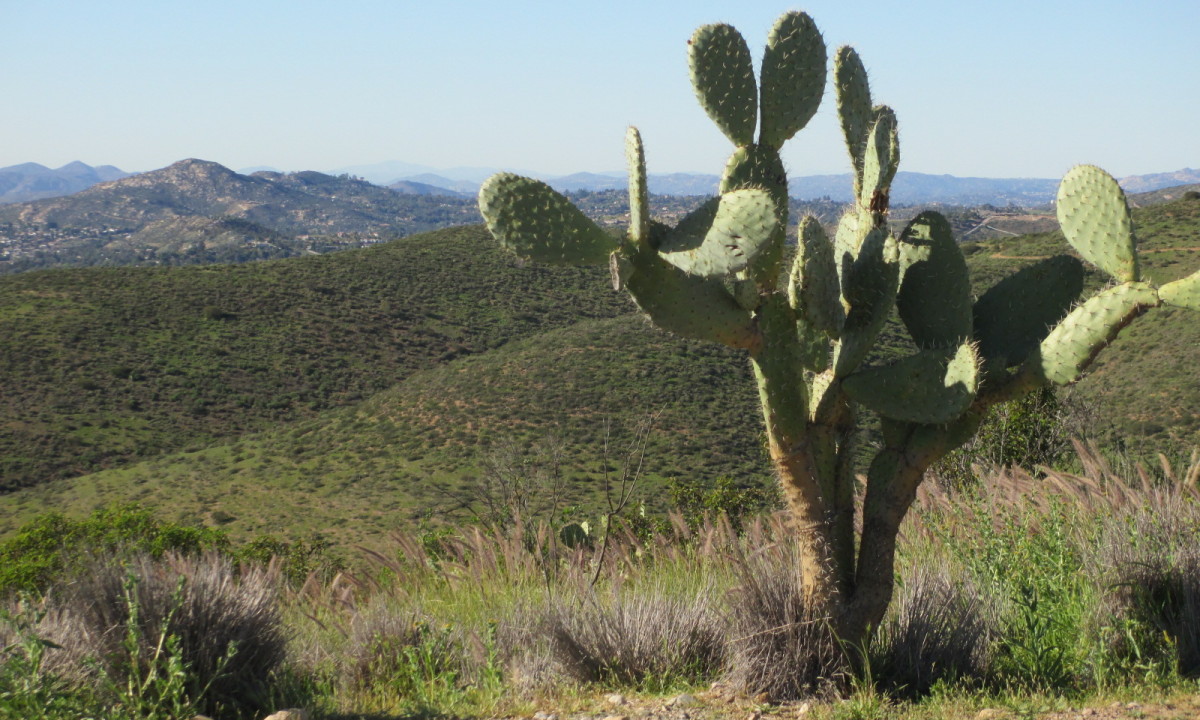mol ocean.
A lake is glẽžem, “freshwater’s home,” so you might think that the ocean would logically be the parallel word “saltwater’s home” or *glẽθospa. But it’s not; the ocean is mol, a word that’s unanlyzable, like the sea itself.
To the speakers of Glẽžigu, fresh, potable water, though sometimes too rare, seems to be friendly, domesticated; it has a home, and I bet that a lot of the other metaphors involving it (streams, valleys, drinking, washing, etc.) will be anthropomorphic too.
The ocean, though, isn’t all that friendly. It’s undrinkable. (“In Soviet Glẽžigu-stan, ocean drink YOU!” — with apologies to both Yakov Smirnoff and Anthony Hecht.) It’s dark. It’s cold. It has dangerous invisible currents. It’s full of weird creatures. It advances and recedes but it never goes away. It might be regarded as a powerful being, but not as a neighbor who has a home and travels on paths and makes people glad with its occasional visits from the sky. And the Glẽžigu speakers are landlubbers; salt water isn’t a road to conquest or wealth. So the sea doesn’t get anthromorphic words. It is that It is: mol.
There’s probably some cosmology and religion lurking in these water words, too.
…Well, all that is the rationalization, anyway. What really happened was that I realized that no language would want as long and complicated and unpronounceable word as *gleniθospa or even *glẽθospa (“home of saltwater”) for as basic a concept as “ocean.” So I had to ditch the idea of making it parallel to the structure of “lake” (“home of freshwater”) and come up with an excuse for using a shorter word.
By the way, Glẽžigu’s compound nouns are just two words smashed together. There’s no declension of the components as there is in, e.g., German “Held-EN-leben” or “Bund-ES-tag”.
